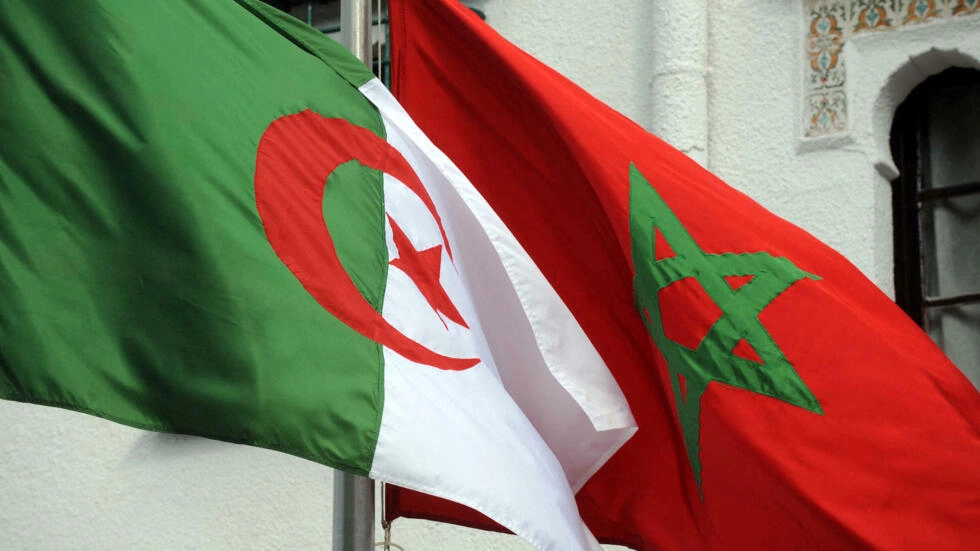Marrakech, Morocco, 16 November 2016 – African Heads of State and Government marked Africa Day in the Africa Pavilion at the UNFCCC 22 Conference of Parties (COP22) today with focused and strategic discussion on the ratification and roll out of the implementation of the Paris Agreement and the key continental initiatives to support member states’ efforts.
President Alpha Condé of the Republic of Guinea presided over the High Level gathering also attended by the Presidents of Botswana, Ian Khama; Liberia, Ellen Johnson Sirleaf; Togo, Faure Gnassingbe, Ministers from the continent, heads of Pan African Institutions; the African Union Commission, the African Development Bank, the Economic Commission for Africa, NEPAD Planning and Coordinating Agency and; development partners.
The Africa Day event had the dual themes of ‘Moving from Commitment to Action with Nationally Determined Contributions (NDCs)’ and ‘The Africa Renewable Energy Initiative: Moving Forward.’
As Climate Change is one of the greatest challenges facing the world, with Africa already experiencing some of the most severe impacts, the continent’s leaders have proactively responded with the establishment of the Committee of Africa Heads of State and Government on Climate Change (CAHOSCC) and the African Group of Negotiators (AGN) on Climate that have thus far, tremendously influenced global negotiations.
The presence of heads of state at COP22 and the Africa Day event further demonstrated the importance placed on securing the continent’s interests within the global climate governance mechanism and in defining the roadmap to reduce global temperature rise to ‘well below’ 2C goal, considered by the Intergovernmental Panel on Climate Change (IPCC) as the threshold for averting dangerous changes to the climate system.
COP21 in Paris in December 2015, delivered the landmark Paris Agreement in which the Intended NDCs emerged as the game changer and primary mechanism for reducing global temperature rise. To date 46 African countries have signed the Paris Agreement and 27 out of 103 countries have ratified the Agreement that entered into force on 4 November, 2016.
Africa has seized the opportunity of COP22, dubbed the action COP, to demonstrate leadership in the implementation of the Paris Agreement, through the NDCs and in ensuring that the means of implementation, namely finance, capacity building, technology development and transfer – the cornerstones of implementation- are provided.
Beyond COP22 a critical issues is the alignment of NDCs with existing national development priorities and initiatives. Implementation will be enhanced and supported by pan- African initiatives and programmes operating through a range of partnerships, two of which are: The African Adaptation Initiative (AAI) and; the African Renewable Energy Initiative (AREI). The latter, supported by the governments of France and Germany, seeks to achieve at least 300 gigawatts of renewable energy capacity by 2020.
Emphasising the importance of energy access, President Condé noted that out of 1 billion Africans 700 million have no access to energy. ‘Since 2002, we have fought to ensure that production is accelerated and increased,” further expressing satisfaction at the funding for AREI as an indicator that Europe is taking steps to deliver on commitments for implementation.
President Konde said that Africa needs to develop on the basis of an energy mix ‘but we also need to develop fast, and the faster Africa has access to energy the faster Africa will develop’, he said.
AfDB President, Akinwumi Adesina said energy is the engine of Africa’s growth and development and reinforced the need for an energy mix of on and off-grid systems. ‘Let’s turn pledges on paper into projects on the ground. Let us together deliver success for Africa. Let us together light up and power Africa!’ he urged.
‘All these initiatives fit very well into our African Union Agenda 2063 where we want to have a prosperous Africa based on inclusive growth and commits Africa to pursue a sustainable development path where climate resilient programs play a major role while we protect our environment through renewable energy’, said Chairperson of the Africa Union Commission (AUC), Nkosazana Dlamini Zuma, in a statement read on her behalf by Elham Mahmoud Ahmed, Commissioner for Infrastructure and Energy, AU Commission.
Mr. Abdalla Hamdok, ECA Executive Secretary a.i, emphasised the importance of aligning Africa’s climate change initiatives with sustainable development noting that ‘The impacts of climate change in Africa are increasing in complexity resulting in new and emerging threats to lives and livelihoods, catalysing new migration dynamics, disasters and conflict and lost economic opportunities.’
Egypt’s Minister of Environment and President of the African Ministerial Conference on Environment (AMCEN), Mohammed Fahmy, also welcomed the initiatives and encouraged good governance and transparency as the foundation of implementation.
COP21 and 22 Presidents, Segolène Royal of France and Salaheddine Mezouar of Morocco, also participated in the event. ‘This is an African COP, the biggest economies must fulfil their commitments to Africa’, said Ms Royal.
Mezouar, COP22 President said ‘Africa must and will electrify at the lowest cost’, and that the COP 22 roadmap should ‘respond to the issues of financing, access to electricity and capacity building to increase the success of projects….’ Further emphasizing that it was time to put an end to clichés about African countries’ ability to carry out projects.
Source: Africa Day at COP22: African leaders demonstrate commitment and action to address climate change














